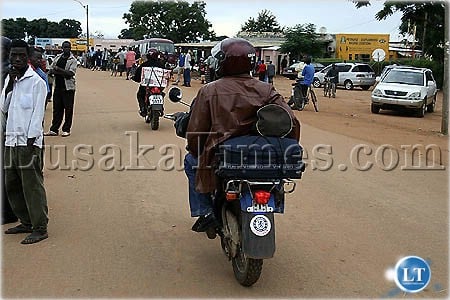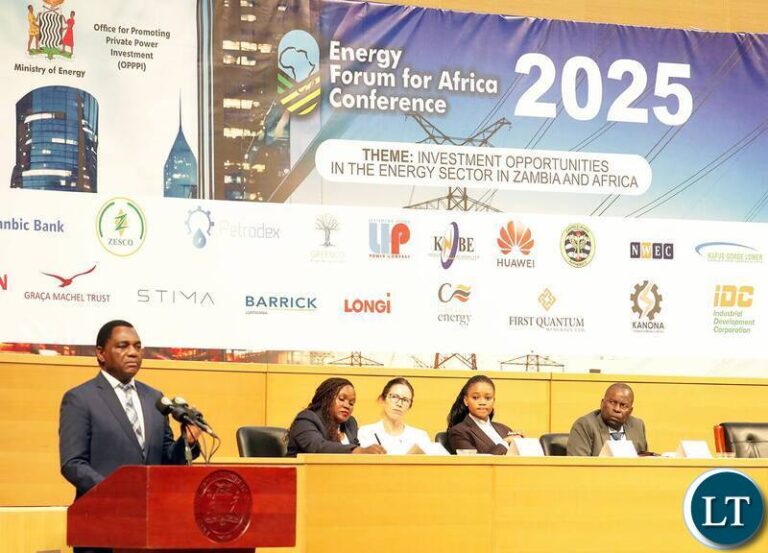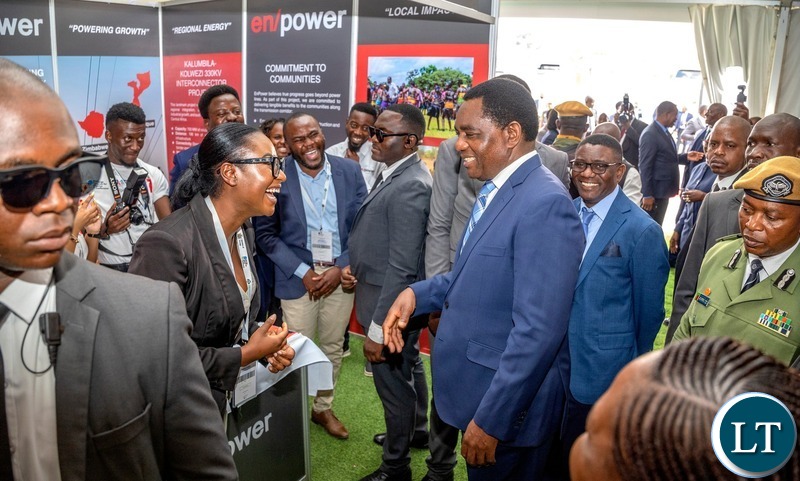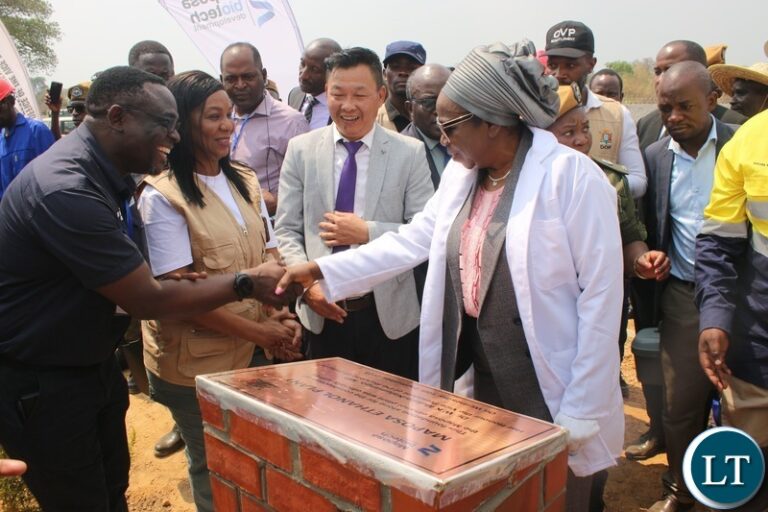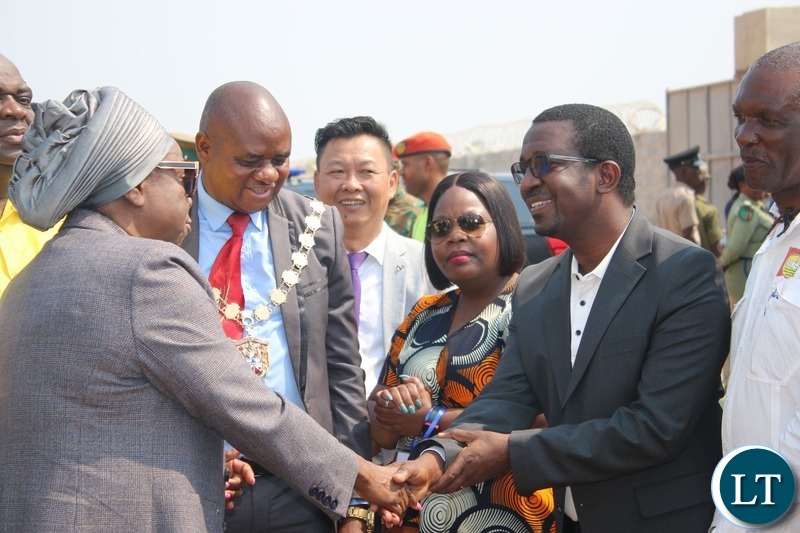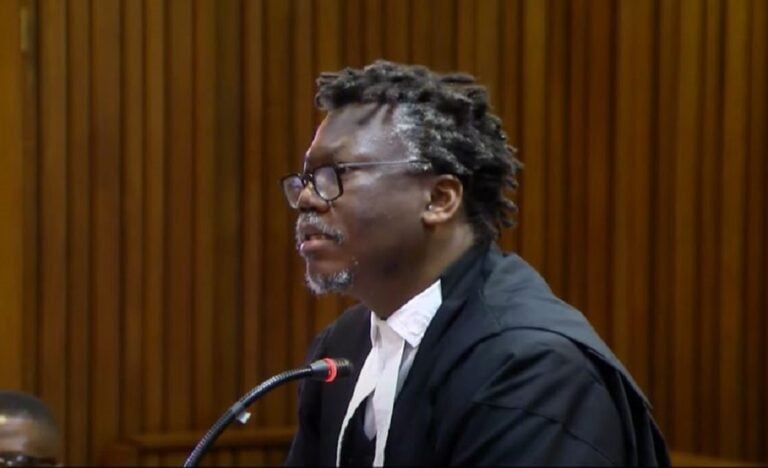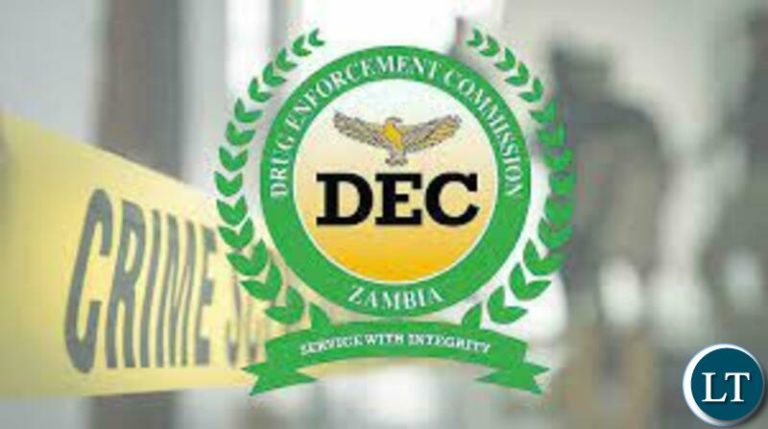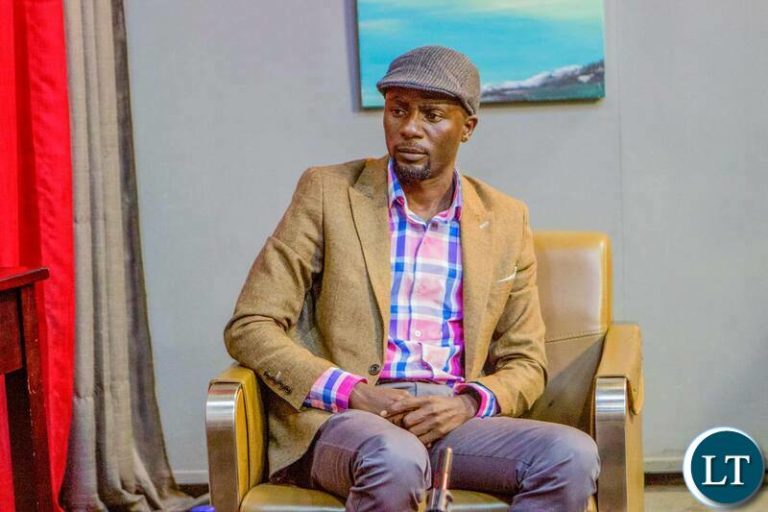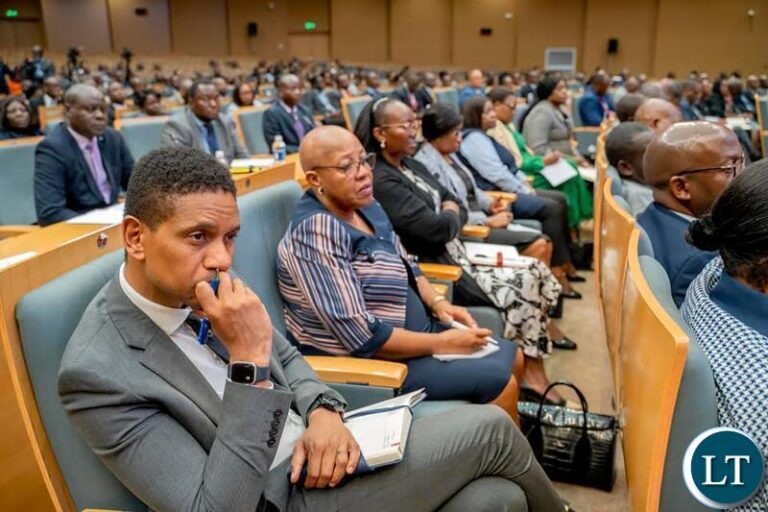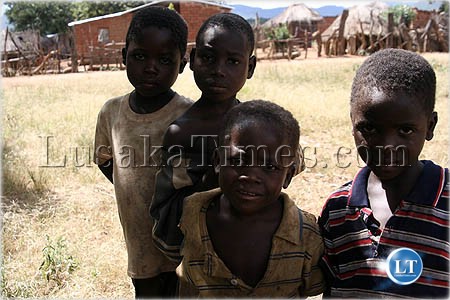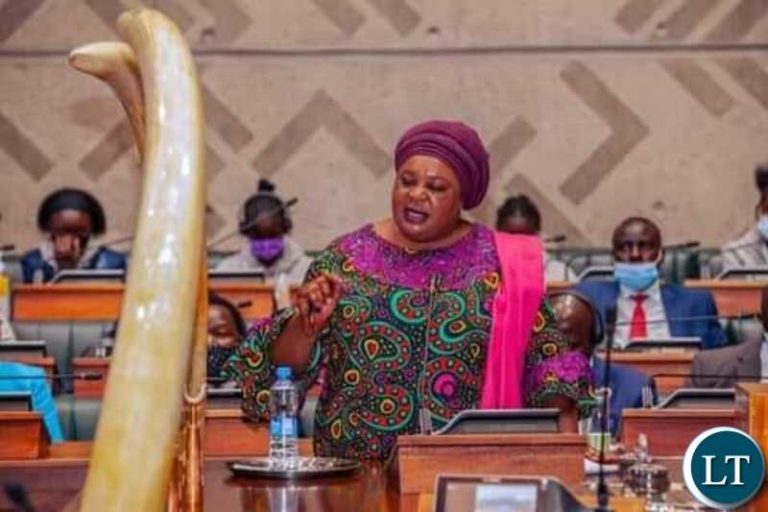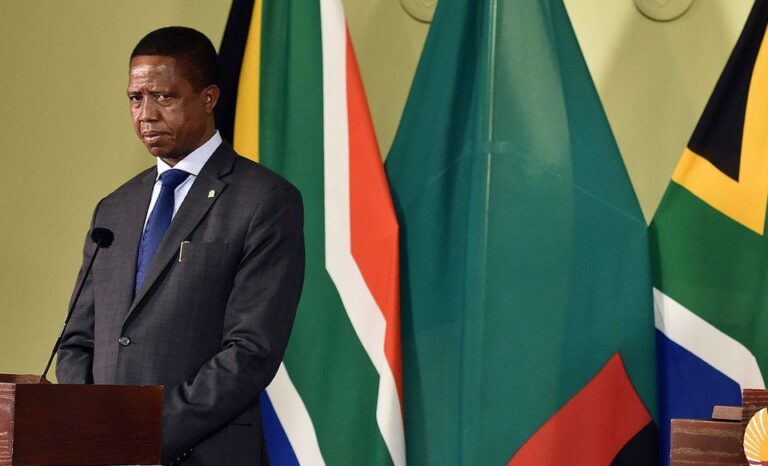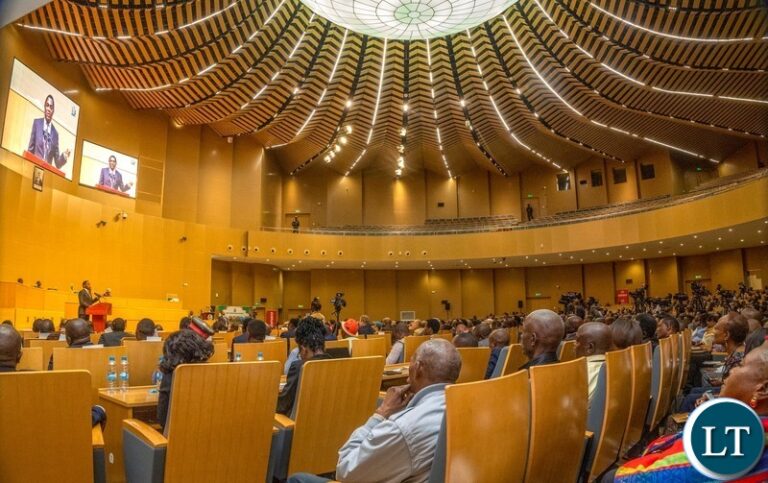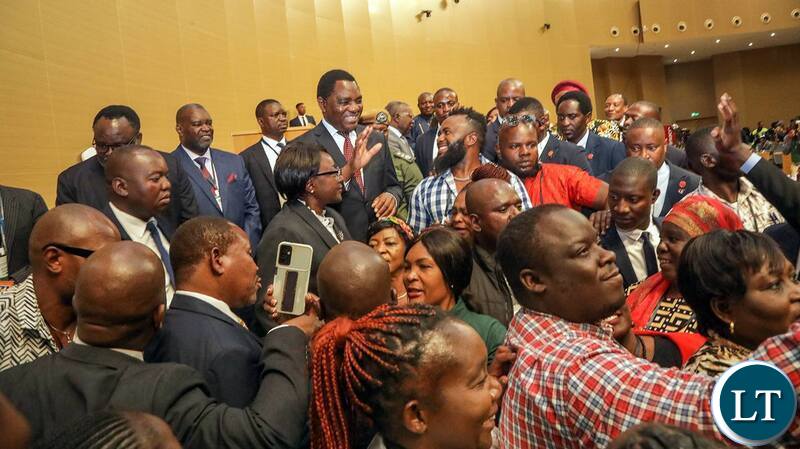
President Hakainde Hichilema has underscored the importance of legal, safe, and structured mining in driving Zambia’s economic growth, as he officially opened the country’s first-ever Artisanal and Small-Scale Mining (ASM) Conference in Lusaka. Addressing delegates yesterday, the Head of State emphasised that artisanal and small-scale miners must transition into formalised operations to contribute meaningfully to job creation, business opportunities, and treasury revenues.
Hichilema described the conference as a landmark moment for Zambia’s mining industry, noting that artisanal mining had long been sidelined in policy discussions despite its vast potential. “Zambia is endowed with various minerals of high economic value, and these minerals should be legally exploited by our citizens and sold to formal, structured markets. There must be no substitute to this methodical way of doing things in every sector,” he said.
The President insisted that mining, which remains the backbone of Zambia’s economy, must be practised under the pillars of legality, safety, formal trade, and security. He stressed that the government will not tolerate lawlessness in mining areas, warning that no site should be allowed to become a breeding ground for violence. “This government will not allow any mining area to become a violent spot,” he declared, drawing applause from participants.
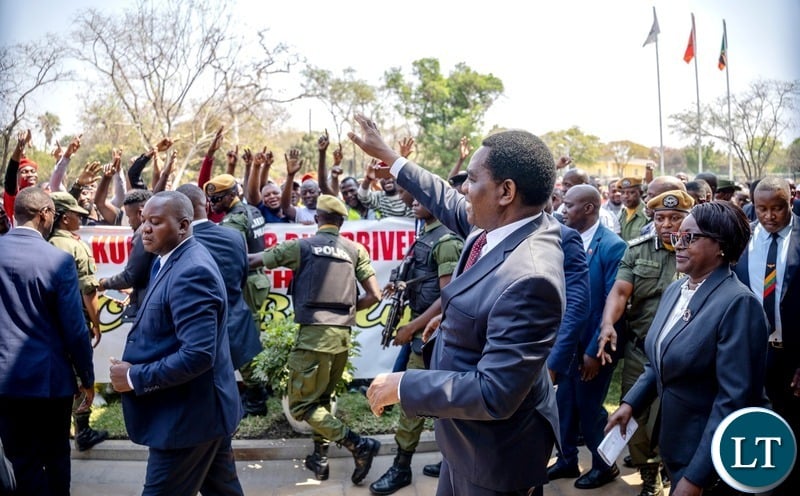
Hichilema also highlighted the need for efficiency and transparency in the licensing regime for artisanal and small-scale miners. He said corruption in the issuance of mining licences had undermined growth in the sector for too long, and pledged that his administration would ensure fairness and accountability. “There must be an efficient system, devoid of any corruption, in the issuance of licences to artisanal and small-scale miners across the country,” he emphasised.
The President linked the theme of the conference to his government’s broader economic transformation agenda, which seeks to diversify mining while ensuring that benefits reach ordinary citizens. He said that by formalising artisanal mining, Zambia could unlock additional revenue streams, reduce illegal exports, and integrate small miners into global value chains.
Industry experts welcomed the President’s message, noting that artisanal and small-scale mining contributes significantly to employment in rural areas but often operates informally, leading to unsafe practices and loss of revenue. According to the Ministry of Mines, more than 500,000 Zambians are engaged in ASM activities, mostly in gold and gemstone mining, yet only a fraction are registered or licensed.
Hichilema said this was precisely why the conference was important, as it brought together stakeholders to chart a new course for ASM. He urged participants to use the platform to share ideas on how to professionalise the sector while ensuring environmental sustainability. “We are determined and committed to making lives better, so let’s all get involved,” he said.
The government’s stance has been applauded by civil society organisations, who have long argued that artisanal miners deserve recognition and support. They note that without proper training, access to finance, and legal protection, many miners remain vulnerable to exploitation by middlemen. Formalisation, they argue, would help miners access structured markets, improve safety standards, and reduce the risks of child labour and environmental degradation.
Economists say the move is also timely given global demand for critical minerals such as cobalt, manganese, and copper, which are abundant in Zambia. Artisanal miners are often the first to access deposits but lack the capacity to market their output competitively. By integrating them into formal supply chains, Zambia stands to expand its mineral exports while creating inclusive economic growth.
Hichilema’s remarks also addressed the social dimension of artisanal mining. He cautioned against violence and unsafe practices that have in the past led to fatalities in informal mines. “Mining must never cost us lives unnecessarily. Safety is not optional, it is mandatory,” he said.
As the conference drew to a close, participants pledged to collaborate on strategies for formalisation, including simplifying licensing procedures, providing technical training, and establishing mineral buying centres. The President’s intervention was widely viewed as a signal of government’s intent to reshape artisanal mining into a structured driver of development.
“May God bless our country,” Hichilema concluded, reaffirming his administration’s commitment to inclusive growth and responsible governance.


